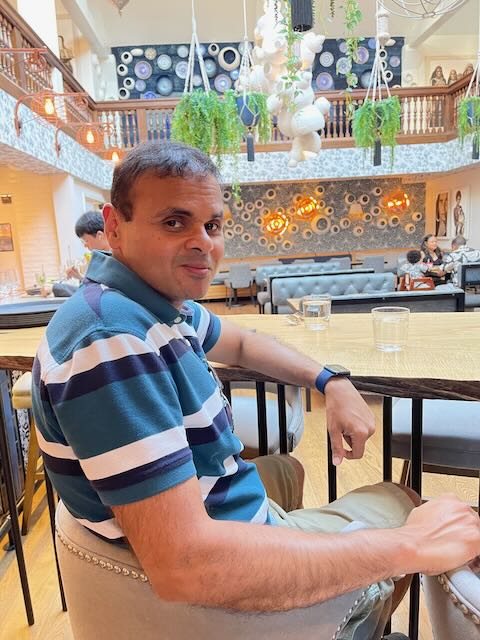How to Meditate by Pema Chodron is slightly verbose. The author reminds me of a caring grandma doling out life advice.
Why meditate?
First, the purpose of meditation is not to feel good and comfortable. With regular meditation all we can hope for is a slow transformation:
- Develop loyalty and steadfastness to yourself. When we meditate, we can have a hard time. Our minds going over a hundred miles an hour, and constantly feeling distracted. However, we continue to stick with our 10 minutes of meditation. This develops compassion to ourselves.
- Ability to see clearly. As we are steadfast in our meditation, we start to realize how we sometimes harden our behavior to circumstances or people. We start to identify patterns in our thoughts and emotions more clearly. This analysis could also be illuminated with a therapist, but meditations allows us to dwell on our thoughts more, and we are able to “learn” to identify our behavior patterns.
- Cultivate courage. This only happens ever so gradually. We develop the courage to experience emotional discomfort, and the challenges of life. I also call this psychological flexibility.
- Change in our worldview. We start to see and understand things in a different light than what we did before. The comfortable shackles of our mind no longer make us blind to our comfort zones. This provides us with an opportunity to gain more wisdom.
- Become awake to the present moment. We learn to exist in the “here” and “now”. Most times, we either dwell in the past for comfort or for learning (regret) or we plan for a better future. Living in the current moment is terrifying for most of us, because of the uncertainty that comes with it. We become courageous enough to exist in the present moment, and live in it. This is where the joy in meditation comes.
- No big deal. This is the ultimate end of the meditation practice. After developing emotional flexibility, a broader view of the world, and ability to “see” and “exist” in the present moment; there is no big payback. We become tolerant and graceful human beings.
My cathartic confession: I am a novice at all of this. I have a hard time just trying to get to ten minutes of daily mindfulness meditation. However, I do start to see patterns develop in my reading. The advice of meditation and psychological sciences aren’t very different.
